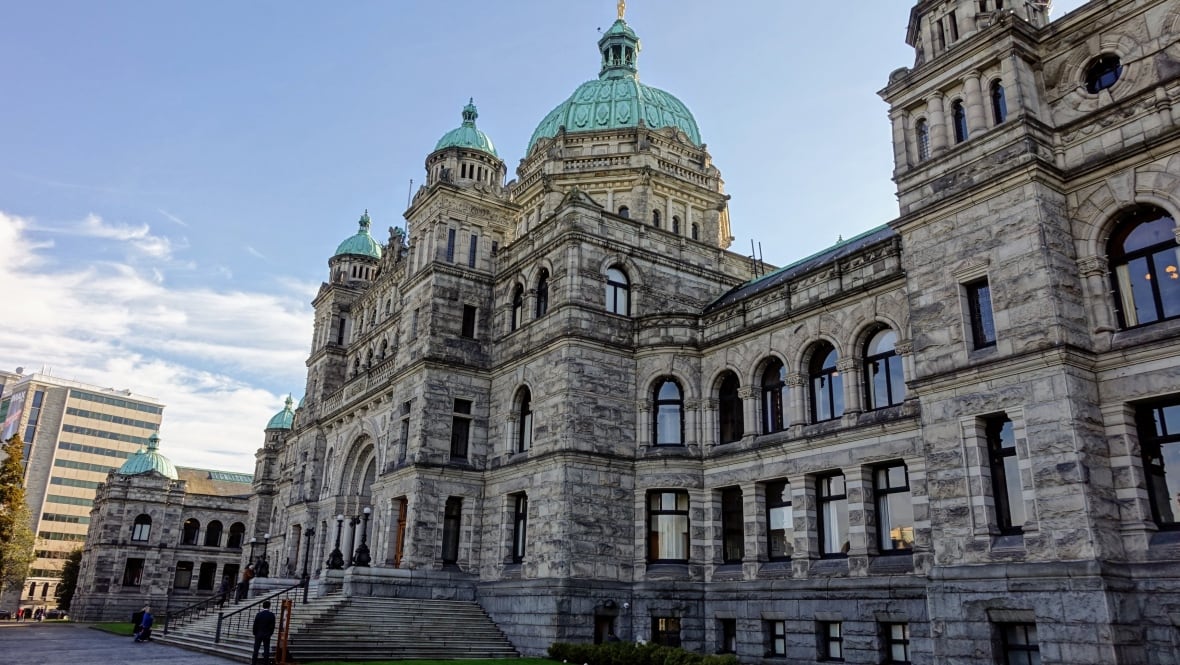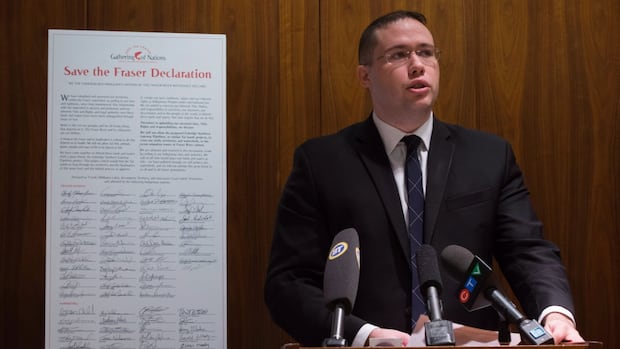Some of B.C.’s 34,000 public sector workers will begin job action Tuesday, but those who know the details are remaining tight-lipped.
The job action comes after at the British Columbia General Employees’ Union (BCGEU) voted, last week, 92.7 per cent in favour of strike action.
Union president Paul Finch wouldn’t reveal which public workers would strike, but urged the public to respect picket lines
“If you see a picket line, do not cross that picket line, and of course, your support throughout this is appreciated,” he said.
Workers taking job action could include wildland firefighters, social workers, correctional officers and sheriffs, administrative professionals, conservation officers, court workers and scientists, among others.
The union has not met with the province for negotiations since it announced its plan for strike action on Friday, but said it’s open to doing so.
“The province has not indicated that they’re going to come back with a revised wage mandate,” he said.
Negotiations broke down in July and the strike vote was held in August.
Key among the union’s demands are increased wages to address the rising cost of living and remote work options.
BCGEU members earn 2.7 per cent less than the average wage in the province, and 22 per cent are working a second or third job to make ends meet, Finch said.
“Half of them report, you know, that they’re not able to get ahead, that they’re actually living paycheque to paycheque,” he said.
The right to strike
Labour Minister Jennifer Whiteside declined to comment on the specifics of the dispute, saying she wanted to leave those discussions at the bargaining table “where they belong.”
Whiteside and the provincial government support the right to strike, she said.
“We have enormous respect and gratitude for all of our public service workers … we also are a government that believes strongly in the right of workers to organize, to engage in collective bargaining and to engage in job action,” she said.

Finch said the union, which is primarily negotiating with Brenda Bailey, the minister of finance, hopes the government will get on board with its vision.
“The ask towards government right now is they need to read the room. They need to understand the cost of living challenges in this province.”
Tough position for all
Justin Wiltshire, assistant professor of economics at the University of Victoria, said that while workers have understandable wage demands, the province’s financial situation is precarious.
“The unfortunate reality is that the growth of B.C.’s public sector has been so rapid recently that large across-the-board wage increases are not feasible,” he said in an email.
Wiltshire said it’s debatable whether the growth of the public sector was the right call given that British Columbians are feeling that service levels have not improved.

A possible solution, he said, would be to raise taxes, however this would cause strain on citizens already struggling with affordability.
In Wiltshire’s analysis, a strike that lasts for more than a couple weeks might not lead to significant gains, however a “very short strike” could get “marginal gains” for the union.
“The government, meanwhile, would do best to try to find concessions on workforce reductions — though this would also be a hard sell, politically, to its supporters, as the BCGEU would almost certainly cast this as the government trying to ‘cut services,'” he said.
“No one’s going to come out of this happy, I’m afraid.”
Finch said any disruptions to essential services – those which safeguard health and welfare – will only happen at sites until after a 72-hour notice period.







